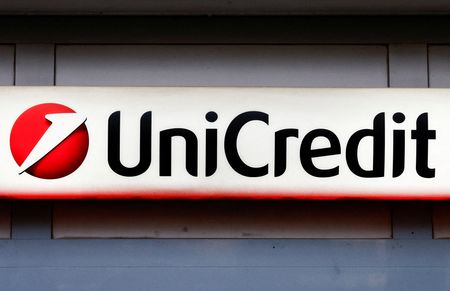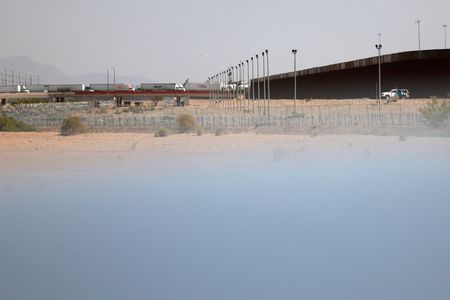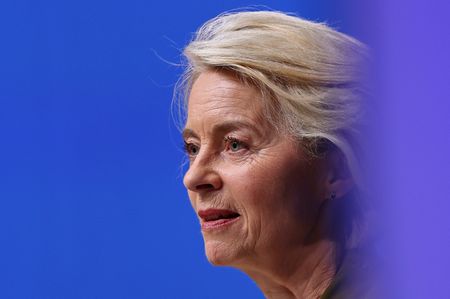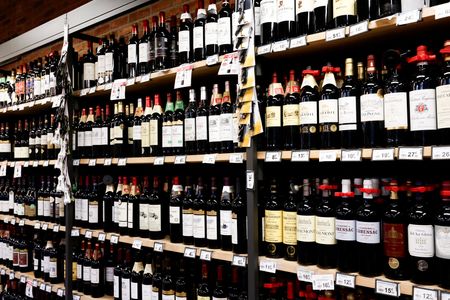By John Revill
(Reuters) -German Finance Minister Lars Klingbeil said on Sunday that the European Union must take firm action against the United States if tariff negotiations fail to ease the escalating global trade conflict.
President Donald Trump on Saturday threatened to impose a 30% tariff on imports from Mexico and the EU starting on August 1, after weeks of negotiations with the major U.S. trading partners failed to reach a comprehensive trade deal.
The threat has prompted a robust response from German politicians and business leaders, while the EU said it still preferred a negotiated settlement.
“If a fair negotiated solution does not succeed, then we must take decisive countermeasures to protect jobs and companies in Europe,” Klingbeil, who is also vice chancellor in Germany’s ruling coalition, told German newspaper Sueddeutsche Zeitung.
“Our hand remains outstretched, but we will not go along with everything,” he added.
European Commission President Ursula von der Leyen on Sunday said the bloc favoured a negotiated solution to the row, and would extend the suspension of its countermeasures to U.S. tariffs until early August.
“The (anti-coercion) instrument is created for extraordinary situations, we are not there yet,” von der Leyen said, a reference to a tool that allows the EU to go beyond traditional tariffs on goods and also impose restrictions on trade in services.
Higher U.S. tariffs pose a particular challenge for Germany, as the United States is its largest export market, selling vehicles and automotive components, machinery and pharmaceuticals.
In 2024 it sold goods worth 161 billion euros ($188 billion) to the United States, running a trade surplus of nearly 70 billion euros, according to German government data.
PROVOCATIONS
Klingbeil said Trump’s tariffs policy would only result in losers, and called for de-escalation in the row, which he said threatened the American economy at least as much as European companies.
“Nobody needs new threats or provocations now,” Klingbeil said.
“Instead, we need the EU to continue serious and targeted negotiations with the USA. Europe remains united and determined: We want a fair deal.”
Trump’s tariff threat follows a 20% duty he imposed on EU goods in April, a move that was later suspended for 90 days and replaced with a baseline tariff of 10%.
Last week he pushed back the deadline for negotiations to August 1.
Bernd Lange, head of the European Parliament’s trade committee, on Saturday sharply criticised Trump’s tactics and called for EU countermeasures to be implemented immediately.
But earlier on Sunday, Juergen Hardt, deputy leader of Chancellor Friedrich Merz’s conservative CDU/CSU parliamentary group in the Bundestag, said he was hopeful of further negotiations, with the higher US tariffs postponed.
“I’m betting that at least a partial agreement and a further postponement will be reached before August 1,” Hardt told Reuters.
“After all, high tariffs have to be paid by American citizens and companies and lead to higher prices and inflation in the U.S.,” he said.
($1 = 0.8555 euros)
(Reporting by John Revill and Andreas RinkeEditing by Gareth Jones and Clelia Oziel)










